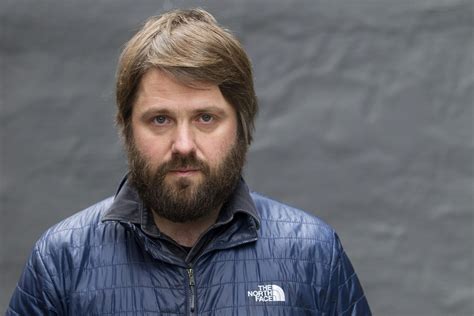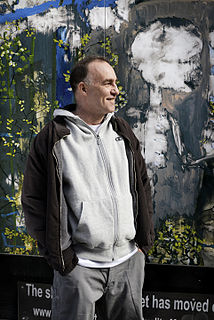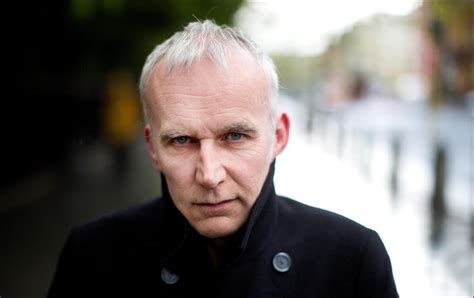A Quote by Sergei Dovlatov
There's a reason every book, even one that isn't very serious, is shaped like a suitcase
Related Quotes
Peter Keating: "Do you always have to have a purpose? Do you always have to be so damn serious? Can't you ever do things without reason, just like everybody else? You're so serious, so old. Everything's important with you. Everything's great, significant in some way, every minute, even when you keep still. Can't you ever be comfortable-and unimportant?" | Howard Roark: "No."
Zen's greatest contribution is to give you an alternative to the serious man. The serious man has made the world, the serious man has made all the religions. He has created all the philosophies, all the cultures, all the moralities; everything that exists around you is a creation of the serious man. Zen has dropped out of the serious world. It has created a world of its own which is very playful, full of laughter, where even great masters behave like children.
So I can go and let out everything that I feel about every bogus weekly cover, every single bogus skit, every single rumor and barber shop-everything that people feel is ok to treat celebrities like zoo animals, or act like what they're saying is not serious, or their lives are not serious or their dreams are not serious.
Book ideas are like planes, lined up to approach the runway. Some never leave the gate, but others move quickly to the front of the line. It was like that with The Four Purposes. Honestly, I cannot remember the moment I had the idea for the book; perhaps because it emerged like a green shoot emerging from the soil of my subconscious. But it seemed important enough to begin the flow of words that eventually shaped themselves into this new book.
The seriousness or otherwise of the subject matter is often irrelevent to the question of whether a book is any good. F Scott Fitzgerald wrote a great and beautiful novel which mainly involved shallow people going to parties in a rich guy's house. By contrast, all sorts of terrible books are published every month about men slaughtering people for no reason - a serious matter which, in itself, does not make the author worthy of serious consideration.
The trick at every turn was to endure the test of living for as long as possible. The odds of survival were punishingly slim, for the world was naught by a school of calamity and an endless burning furnace of tribulation. But those who survived the world shaped it--even as the world, simultaneously, shaped them.

































